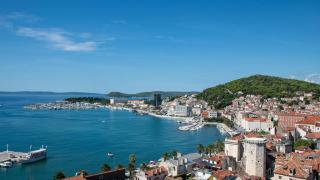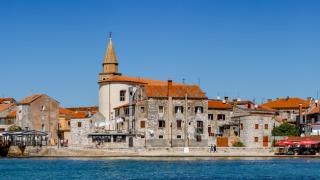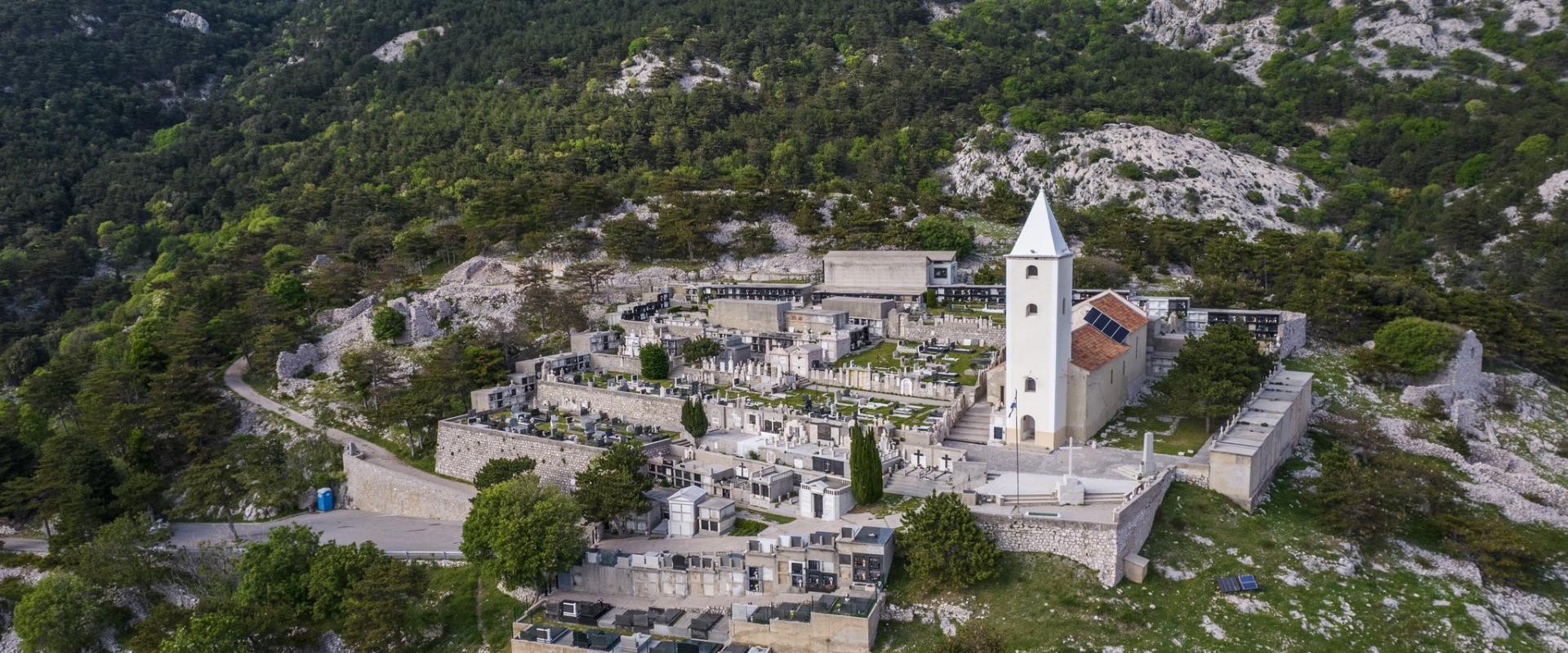Introduction
Understanding and respecting Croatian local customs enhances cultural interactions and travel experiences. Croatians value traditional social etiquette and expect visitors to observe basic cultural protocols.
Key social customs in Croatia include:
- Greeting people with a firm handshake and direct eye contact
- Using formal titles (Gospodin for men, Gospođa for women) until invited to use first names
- Removing shoes when entering private homes
- Dressing modestly when visiting religious sites
Croatian customs blend Mediterranean hospitality with Central European formality. Social interactions typically begin formally but can quickly become warm and personal. Mealtimes are important social occasions, often lasting several hours.
Visitors who demonstrate awareness of local customs often receive warmer welcomes and better service. Simple gestures like learning basic Croatian greetings can significantly improve social interactions.
Greeting Customs
Croatian greeting customs follow specific social protocols that vary by situation and relationship level.
Traditional Greetings:
- Formal greeting: 'Dobar dan' (Good day)
- Informal greeting: 'Bok' (Hi)
- Evening greeting: 'Dobra večer' (Good evening)
Physical Greetings:
- Close friends and family exchange two kisses, starting on the left cheek
- Business contacts typically shake hands firmly
- Men may pat each other on the shoulder among friends
Formal Situations:
- Always stand when being introduced
- Use titles and surnames until invited to use first names
- Maintain eye contact during greetings
- Wait for hosts or seniors to initiate handshakes
Social Etiquette:
- Greet everyone individually when entering or leaving a room
- Kiss elderly relatives' hands in traditional families
- Avoid hugging in professional settings
- Women may choose to shake hands or nod in formal situations
Important: Physical distance during greetings is typically closer than in Anglo-Saxon cultures, approximately 60-70 centimeters.
Dining Etiquette
Croatian dining customs emphasize politeness and unhurried meals shared with others. Traditional meal times follow Mediterranean patterns:
Meal Schedule:
- Breakfast (doručak): 7:00-9:00 AM
- Lunch (ručak): 2:00-4:00 PM - Main meal of the day
- Dinner (večera): 7:00-9:00 PM - Lighter meal
Table Manners:
- Wait for the host to say 'Dobar tek' (Good appetite) before eating
- Keep hands visible on the table, not in lap
- Pass dishes to the left
- Finish everything on your plate
- Place utensils parallel at 5:25 position when finished
Toasting Protocol:
- Say 'Živjeli' (Cheers) while maintaining eye contact
- Never toast with water - considered bad luck
- Clink glasses individually with each person at the table
Coffee Culture:
- Coffee meetings typically last 1-2 hours
- Order 'kava s mlijekom' (coffee with milk) or 'kava s vrhnjem' (coffee with cream)
- Never rush coffee time - it's a social ritual
Restaurant Tipping:
- 10-15% standard for good service
- Round up small bills to nearest 10 kuna
- Leave tip in cash, even when paying by card
Croatian social conduct emphasizes modesty and respect in public spaces. Personal space boundaries typically extend to arm's length (approximately 1 meter) in social situations.
Dress Code:
- Conservative dress for religious sites: covered shoulders and knees
- Smart casual attire for restaurants and theaters
- Beachwear restricted to beach areas only
- Remove shoes when entering private homes
Religious Site Etiquette:
- No photography during services
- Maintain silence in churches
- Women should cover their heads in Orthodox churches
- Visit outside prayer times (typically 8:00 AM - 6:00 PM)
Gift-Giving Customs:
- Bring a small gift when visiting homes
- Acceptable gifts: chocolates, wine, or flowers
- Avoid chrysanthemums - associated with funerals
- Open gifts immediately in presence of giver
Conversation Guidelines:
- Avoid discussing 1990s war topics
- Politics and religion are sensitive subjects
- Show interest in local culture and traditions
- Use formal titles until invited to use first names
Public Behavior:
- No public displays of affection
- Moderate alcohol consumption expected
- Speaking softly in public spaces
- Queue etiquette strictly observed
Home Visit Protocol
When visiting Croatian homes, specific customs demonstrate respect for hosts and their space:
Arrival Protocol:
- Arrive within 5-10 minutes of invited time
- Remove shoes at entrance - hosts often provide slippers (papuče)
- Wait to be invited inside and seated
Gift-Giving Customs:
- Bring a small gift for the host (rakija, chocolates, or flowers)
- For flowers, choose odd numbers but avoid chrysanthemums
- Present gifts with both hands
Indoor Etiquette:
- Accept offered drinks or snacks - declining can offend
- Wait for host's invitation before eating or drinking
- Compliment the home, but avoid excessive praise
Host-Guest Dynamics:
- Let hosts lead conversations and activities
- Accept second helpings when offered
- Stay at least 1-2 hours when invited for meals
- Signal departure intentions 15-20 minutes before leaving
Special Considerations:
- Remove hats indoors
- Keep voice moderate - loud speaking is considered impolite
- Ask permission before taking photos inside homes
Conclusion
Understanding Croatian local customs significantly impacts visitor experiences and social interactions. Following these key practices ensures respectful cultural engagement:
Essential Customs to Remember:
- Greet formally with 'Dobar dan' in initial meetings
- Maintain personal space of 1 meter in social settings
- Remove shoes when entering homes
- Arrive punctually for social gatherings
Common Mistakes to Avoid:
- Rushing through meals or declining coffee invitations
- Wearing beachwear away from beaches
- Addressing people by first names without invitation
Best Practices:
- Learn basic Croatian greetings
- Dress modestly when visiting religious sites
- Accept offered hospitality
- Bring small gifts when visiting homes
Respecting these customs demonstrates cultural awareness and often leads to more meaningful local interactions.












